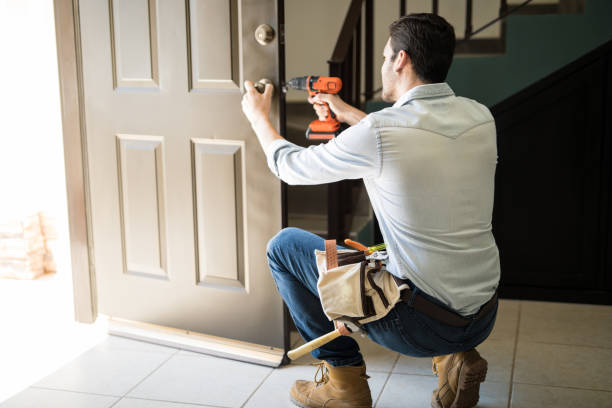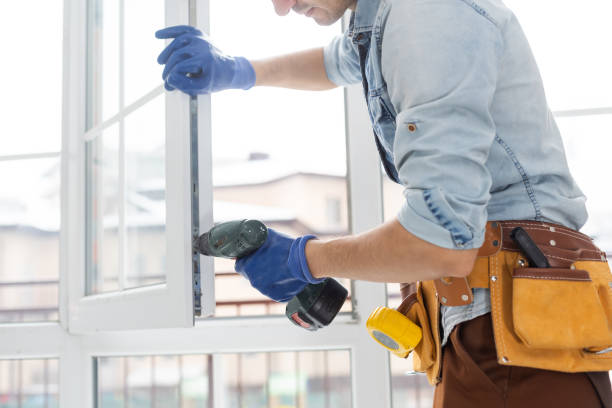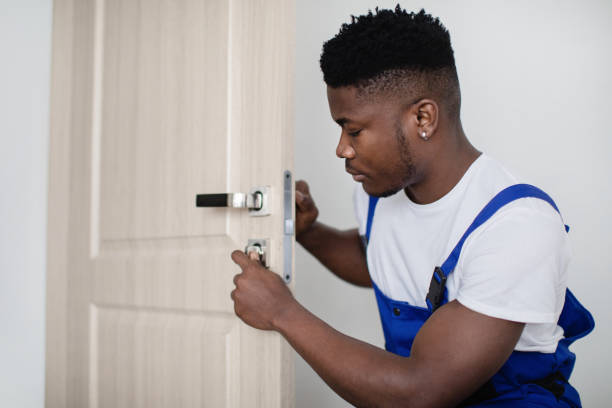My shopping cart
Your cart is currently empty.
Continue Shopping
Interior doors play a crucial role in defining the aesthetics and functionality of your home. They provide privacy and enhance the overall appeal of your living space. To ensure their longevity and smooth operation, these maintenance tips, regular door maintenance is essential. This article will guide you through a series of steps to maintain your interior doors effectively. By following these simple practices, you can keep your wood doors looking and functioning as well as new for years.
Regular cleaning is one of the easiest and most important maintenance tasks for your interior doors. Over time, dust, dirt, and grime can accumulate on the surface of the glass panels of doors, affecting their appearance.
To clean them, gently clean them, use a soft, lint-free damp cloth or a feather duster to wipe away the dirt. For stubborn stains or sticky residue, you can dampen the soft cloth with a mild, non-abrasive cleaner specifically designed for wood or painted surfaces. Remember to dry the door thoroughly afterward to prevent any moisture damage.
Another crucial aspect of maintaining your interior doors is to watch for any signs of wear and tear or damage. Inspect the doors regularly for cracks, dents, scratches, or visible damage. Pay close attention to the edges, corners, and areas around the door leaf, handles, and hinges. If you notice any issues, addressing them promptly is essential to prevent further deterioration.
Inspecting the edges, corners, and areas around the handles and hinges of your used furniture and interior doors is essential, as these are often the first areas to show signs of wear and tear. Check for any loose screws, chips in the wood, or cracks and minor scratches. If you spot any damage, it is essential to address them quickly to prevent further deterioration.

To ensure smooth operation, the hinges, knobs, and locks of your interior doors require regular lubrication. Over time, these components can become squeaky or stiff, hindering the door's functionality. Apply a small amount of lubricating oil or silicone-based lubricant to the hinges, knobs, and locks as needed. This will help reduce friction, allowing all the doors above to open and close effortlessly.
Loose screws on hinges or hardware can lead to misalignment and cause the door to sag or not close properly. Checking and tightening any loose screws you may find periodically is essential. Use a screwdriver or drill to secure the screws, ensuring the new door fits. This simple step can prevent further damage and maintain your doors' structural integrity and better safety.
Regularly inspecting and addressing loose screws on interior door hinges and hardware cannot be overstated. As time passes, these components can become loose or misaligned, which affects the door's functionality and structural integrity. A loose screw can cause the door to sag or not close properly if left unchecked.
To prevent this from occurring, it is essential to regularly check the door surface for any loose screws and tighten them as needed. Use a screwdriver or drill to secure the screws, ensuring the door finishing is a snug fit.
Over time, solid wood on metal surfaces in the door frame or jamb may develop rough edges or imperfections due to wear and tear. These uneven surfaces can make opening and closing the door difficult, and they can also cause damage to the door itself. To address this issue, gently sand any rough edges using fine-grit sandpaper. Be sure to follow the wood's natural grain and finish by wiping away any dust with a clean cloth.
Weatherstripping is essential to your interior doors, as it helps maintain energy efficiency and low humidity and prevent drafts. Weatherstripping can wear out over time, losing its effectiveness. Inspect the weatherstripping around the doorframe regularly and replace worn-out or damaged strips. This will help maintain a proper seal, keeping your home comfortable and reducing energy costs.
Suppose you live in a high-humidity area or have interior doors in rooms with increased humidity or moisture levels, such as bathrooms or kitchens. In that case, it's crucial to protect them against moisture damage. Consider applying a suitable sealer or finish to the doors to create a barrier against humidity. This will help prevent warping, swelling, or mold growth, ensuring longevity and more protection of your entries.

Accidental scratches or chips in the paint can happen over time, affecting the appearance of your interior doors. To maintain interior door maintenance a polished and pristine look, address these imperfections by touching up tiny cracks in the paint. Use a small brush or a paint pen with matching paint color to carefully cover the scratches. This will help restore the door's original aesthetic appeal long-lasting well.
Regular maintenance is critical to ensuring the longevity and functionality of your interior doors. At My City Doors, we believe in providing not only top-quality interior doors but also guiding you on how to keep them in pristine condition. By following the steps outlined in this article, along with our maintenance tips, you can ensure that your entries remain clean, smooth, and aesthetically pleasing, maintaining their beauty and performance for years to come.
Remember to clean dirt and dust from your doors regularly, inspect for wear and tear or damage, lubricate hinges, knobs, and locks, tighten loose screws, sand down rough edges, replace worn-out weatherstripping, use a sealer in high-humidity areas, and touch up paint scratches if necessary. With proper care and assistance from My City Doors, your interior doors will continue to serve you well, providing both functionality and a touch of elegance to your living space.
It is recommended to clean your house and interior doors at least once a month to prevent the accumulation of dirt and grime. High-traffic areas may require more frequent cleaning.
Using a lubricating oil or silicone-based lubricant specifically designed for door hardware is best. Avoid greasy or heavy oils, as they can attract dust and dirt.
It is advisable to use the same type and color of paint originally used on the door to achieve the best results. This will ensure a simple wipe, seamless repair, and blended touch-up.
If you notice drafts or air leaks around your closed interior doors, it may indicate that the weatherstripping on glass doors is worn out. If you see cracks, tears, or visible signs of damage on the weatherstripping on untreated doors, or veneered doors, it's time to replace it.